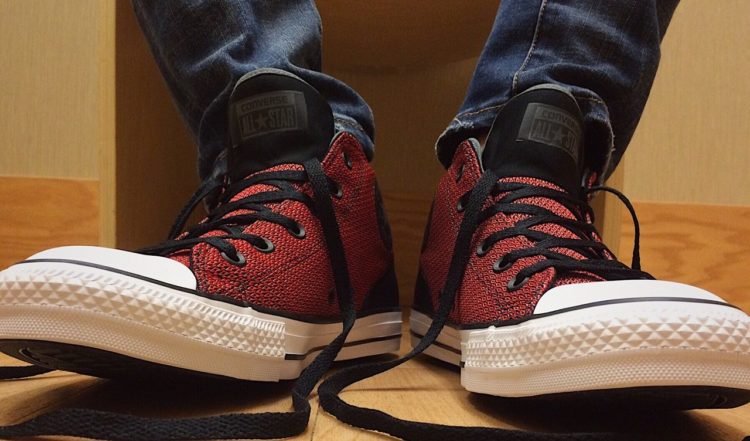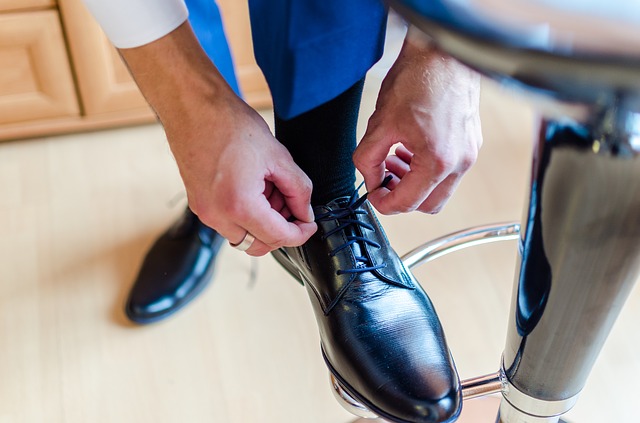Suited and booted… or jeans and trainers? Changing attitudes to office dress codes
A new survey says one-third of workers in the UK are in favour of ditching office dress codes and a slightly higher percentage – 36.9% – believe that dressing smart for work has become outdated. Tony McDonough reports

Is dressing smartly for the office soon to become a thing of the past?
A new survey says one-third of workers in the UK are in favour of ditching office dress codes. And a slightly higher percentage – 36.9% – believe that dressing smart for work has become outdated.
The survey of 1,200 workers, carried out by job site CV-Library, found that 82.5% feel that dress codes have changed over the years, with nearly half (46.8%) believing that dress codes will become more casual and relaxed in the future.
In Liverpool’s central business district, where there is a high concentration of professional firms such as lawyers, accountants and wealth managers, it is still normal to see both male and female employees dress smartly.
However, with an increasing number of creative and digital businesses starting and growing in the city it is becoming more common to see people dressed more casually.
This is particularly noticeable in the Baltic Triangle area of the city with its high concentration of creative businesses – but is also becoming more common in the business district.
Interestingly, the survey reveals that it is not the youngest workers who are necessarily in favour of ditching dress codes.
It showed 65.5% of workers actually enjoyed following a dress code with this figure rising to 69.1% among 55 to 64-year-olds and 67.3% among 18 to 24-year-olds.

It was the middle group, 35 to 44-year-olds who were most in favour of dressing down for work (42.7%).
Lee Biggins, founder and managing director of CV-Library, said: “There continues to be lots of debate around dress codes in the workplace and whether it’s still a necessity to dress smart.
“Dress codes mean different things to different people: some people prefer to dress smart, while others see it as a perk to be able to wear more casual clothes.”

